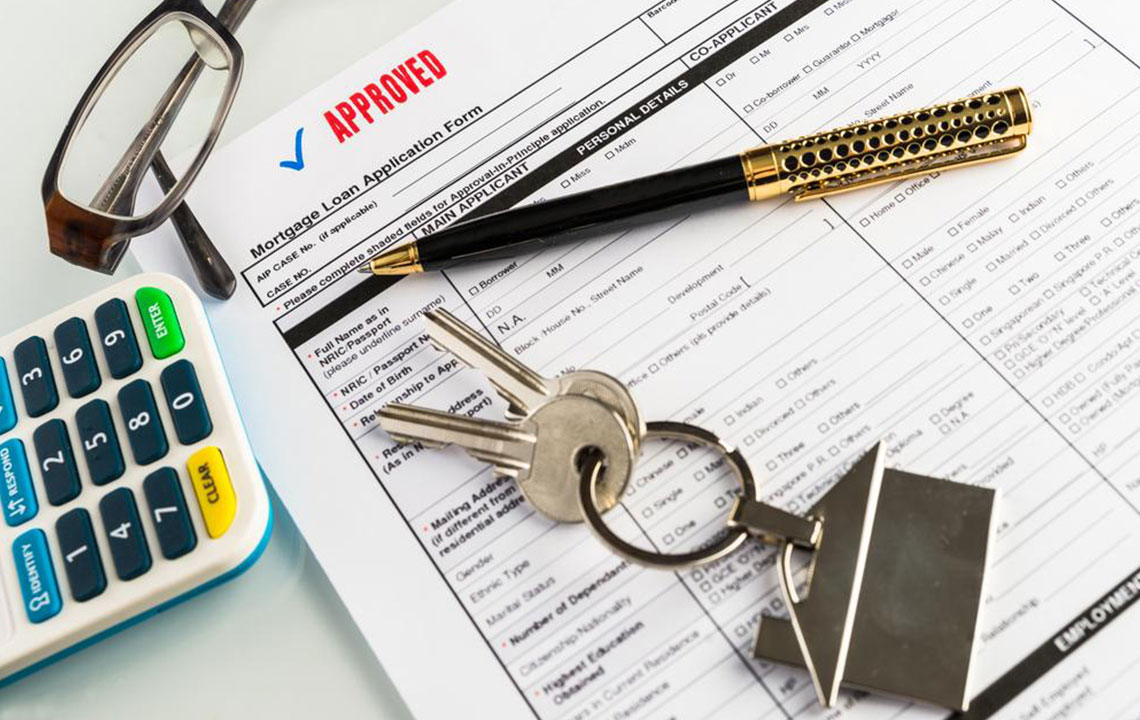Complete Guide to Estimating Property Values Online
Learn how online property value calculators can help you estimate home prices swiftly. This guide explains how they work, their benefits, limitations, and tips to use them effectively for real estate decisions. Combining these tools with professional appraisals maximizes accuracy, empowering homeowners, buyers, and investors to make informed choices confidently.

Complete Guide to Estimating Property Values Online
In the fast-changing real estate industry, accurately assessing property worth is essential. Whether you're planning to buy, sell, refinance, or simply understand your property's valuation, online home value tools are invaluable. These calculators analyze key data points to generate an estimate. To maximize their usefulness, it’s important to understand how they work, their advantages, and best practices for use.
What Is a Property Value Estimator?
An online property value estimator, also called a home appraisal calculator, helps users approximate the current market price of a residential property quickly and efficiently.
These tools are accessible via real estate websites and mobile apps, providing rapid, reasonably accurate valuations by analyzing multiple data sources.
How Do These Calculators Function?
Estimators derive their figures using several critical factors.
1. Recent Comparable Sales
Analyzing sales of similar properties in the vicinity is fundamental. The tools pull data from recently sold homes matching the size, style, and condition of the target property, offering a benchmark for its value.
2. Property Details
The features of the home—such as the number of bedrooms and bathrooms, total area, lot size, construction year, and property type—significantly influence the estimated value.
3. Location Factors
Neighborhood quality, proximity to schools, shopping, parks, and overall area appeal are key considerations integrated into the estimate.
4. Market Conditions
Current market trends including supply, demand, economic health, and seasonal shifts are factored in to refine the valuation accurately.
5. Property Condition and Improvements
Recent upgrades like modern kitchens, new roofing, or added amenities such as swimming pools can increase a home's value, influencing the calculator's estimate.
Advantages of Using an Online Property Estimator
1. Quick and User-Friendly
These tools deliver fast, convenient estimates with minimal input, helping users make initial assessments without delay.
2. Cost-Effective Solution
Most online estimators are free, making them an affordable resource for homeowners, buyers, and investors during early decision-making stages.
3. Insight Into Market Trends
The estimates provide an overview of current market conditions, aiding informed buying, selling, or refinancing decisions.
4. Baseline for Negotiations and Planning
For sellers and renovators, these tools help establish realistic pricing and expectations before listing or improving a property.
5. Property Comparison
Buyers can compare multiple properties quickly, focusing on those with the best value propositions based on estimated prices.
Limitations to Consider
1. Estimation Accuracy
While useful, these calculators are approximate. Unique home features, zoning rules, and unseen conditions might affect actual value, which online tools can't fully capture.
2. Reliance on Data Quality
Dependence on current, accurate data is vital; outdated or incomplete data can lead to misestimates.
3. No Physical Inspection
Online tools lack in-person assessments; physical inspections by professionals can identify issues or features not visible online.
4. Regional Variances
Unique regional factors might not be fully accounted for, impacting the estimate’s precision.
Optimizing Your Use of Property Value Tools
1. Use Multiple Platforms
Comparing results from various calculators provides a broader perspective, helping to account for different algorithms and data sets.
2. Input Accurate Details
Ensure all property information is precise and updated to improve estimate reliability.
3. Consult Professionals for Major Decisions
Supplement online estimates with expert appraisals for transactions involving significant finances or legal considerations.
4. Monitor Market Trends Regularly
Stay informed about changes in local markets by revisiting estimations periodically, as property values fluctuate over time.
Final Thoughts
Online property valuation tools are practical, quick, and accessible options that serve as useful starting points in real estate decisions. While they offer valuable insights, combining them with professional evaluations and ongoing market research ensures the most accurate understanding of property worth. By using multiple tools, providing precise data, and staying informed, users can navigate real estate transactions with confidence and clarity.









